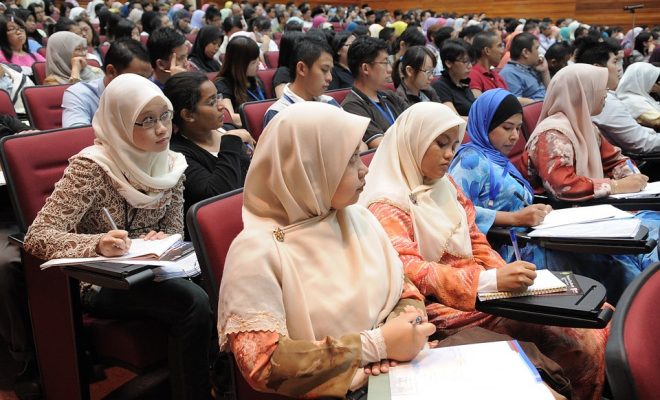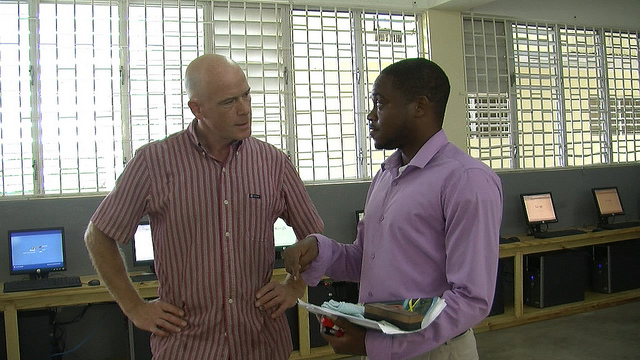At a Glance: Why We Still Have Educational Inequities

The Fourteenth Amendment to the U.S. Constitution has a clause which emphasizes the principle of equality under the law, and states that “No State shall . . . deny to any person within its jurisdiction the equal protection of the laws.” Under the equal protection clause, all persons, regardless of race, religion, gender, ethnicity, or socioeconomic status, are to be treated equally under the law. In the eyes of the law, equality means that every person has the right to access the education system provided by the government. So why do we still have educational inequities in the US?
But remember that any law can be interpreted to suit the needs of a community and the historical period in which they live. For instance, people have been excluded from U.S. schools based on their ethnicity.
The Plessy v. Ferguson case of 1896 illustrates this quite well. Plessy was one-eighth African American and seven-eighths European American. Because he had African American blood, he was required by law to ride in a railroad car separated from European American patrons, as all African Americans were required to do at the time. Plessy lost his challenge to racial segregation, and racial segregation continued to be legal until Brown v. Board of Education of Topeka in 1954.
Given the Supreme Court’s decision in Plessy v. Ferguson, it was legal for states to provide equal but separate education. In other words, as long as European Americans and African Americans were both receiving an education, they were being treated equally in the eyes of the law. In too many instances, however, the curriculum, materials, and facilities to which African American children were exposed were not equal to that of European American students. The decision in the Brown v. Board of Education of Topeka (1954) case determined that separate was not equal, and schools were ordered to desegregate.
The Civil Rights Act of 1964 was instrumental in speeding up school desegregation. Schools could lose federal funding if they ignored the civil rights act and continued to promote segregation. The act was highly effective in reducing the number of segregated schools in the nation. To support compliance with federal desegregation goals, criteria were developed to determine if schools still practiced segregation. Schools found to be in noncompliance had to develop desegregation plans.
Even though students were allowed to attend the same school regardless of ethnicity, religion, gender, or socioeconomic status, the mindsets of the children who attended these schools, their parents, and teachers and school staff did not change quickly. Today, more than half a century later, students in some learning environments continue to face ridicule because of their cultural, socioeconomic, and/or language background. They often face difficulty in school because their needs, if different from the average White American child, are not being adequately met.




